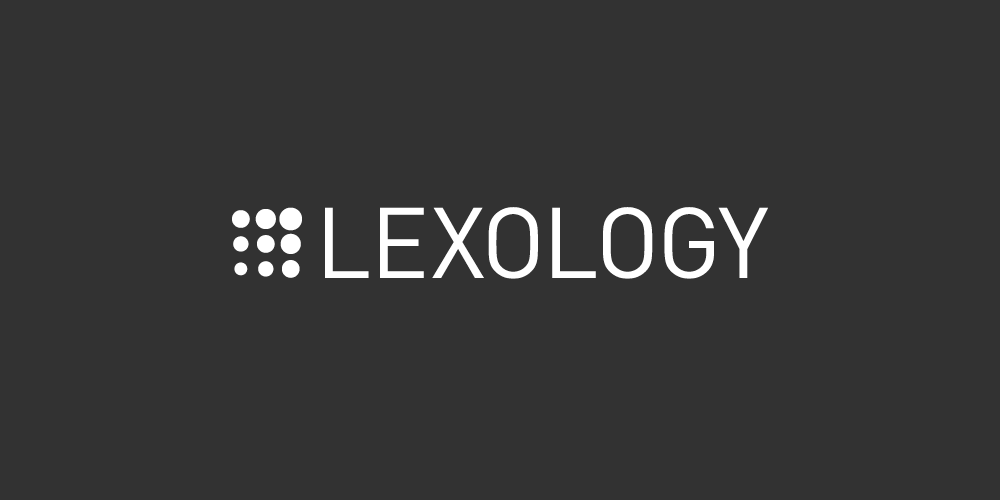Review your content’s performance and reach.
Become your target audience’s go-to resource for today’s hottest topics.
Understand your clients’ strategies and the most pressing issues they are facing.
Keep a step ahead of your key competitors and benchmark against them.
add to folder:
Questions? Please contact [email protected]
The most recent in a flurry of proposed class action proceedings brought before the UK Competition Appeal Tribunal is a £9.9bn claim brought against four cryptocurrency exchanges. This is the first UK crypto class action, and the first cartel class action brought without reliance on a binding prior regulatory finding of misconduct. The opt-out claim has been filed by Lord David Currie (former chair of the Competition and Markets Authority) on behalf of around 240,000 investors in a cryptocurrency called Bitcoin Satoshi Vision (BSV).
The claim relates to alleged collusion between the four cryptocurrency exchanges, said to have been publicly announced via a series of tweets, to delist BSV within 24 hours of each other in 2019, preventing trading in BSV and reducing competition between BSV and other digital assets. Two of the four exchanges (Binance and Kraken) are additionally accused of aggravating investor losses by forcibly converting BSV to other currencies in investors’ crypto wallets.
This case sharpens the focus on the debate around the need for governance of listing and delisting decisions made by cryptocurrency exchanges. It is arguably in the interests of both investors and exchanges for there to be clear guidelines specifying the factors that will be considered by cryptocurrency exchanges when deciding whether to list/delist a cryptocurrency, and for those rules to be closely followed. Such guidelines would continue the trend of increasing regulation surrounding both exchanges and cryptocurrencies themselves.
Relatedly, on the issue of governance, following the recent case of D’Aloia v (1) Persons Unknown (2) Binance Holdings Limited and others [2022] EWHC 1723 (Ch), cryptocurrency investors may have a “good arguable case” that cryptocurrency exchanges which operate/control their misappropriated assets would hold such assets as a constructive trustee. Cryptocurrency exchanges may risk incurring a liability for breach of trust if investors’ assets are not properly ringfenced, which is a significant development for such exchanges.
The prevailing trend in claims emphasises the increasing importance for cryptocurrency exchanges of having in place (and following) proper procedures to regulate actions and decision making.
add to folder:
If you would like to learn how Lexology can drive your content marketing strategy forward, please email [email protected].
© Copyright 2006 – 2022 Law Business Research
Author
Administraroot

